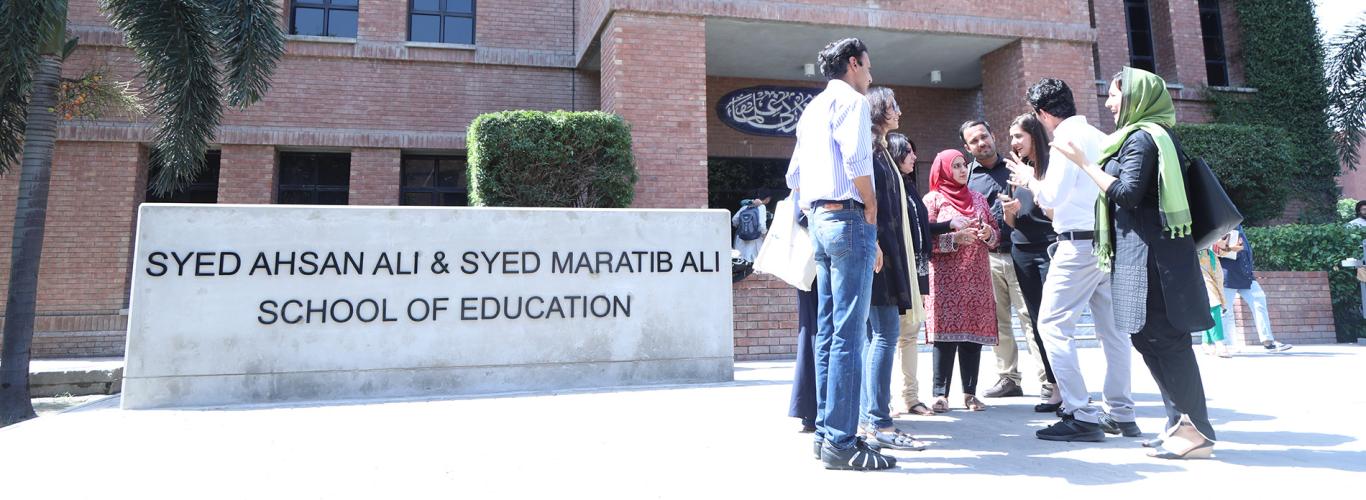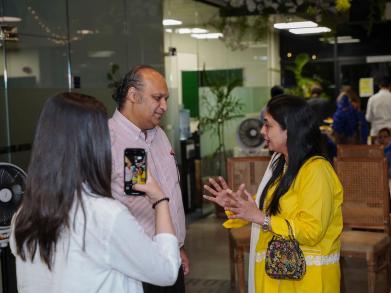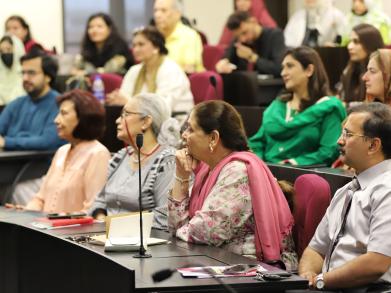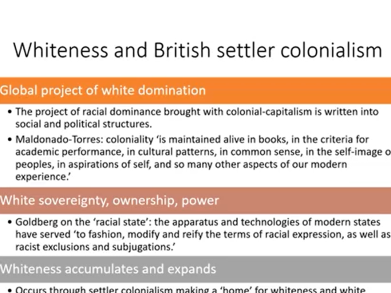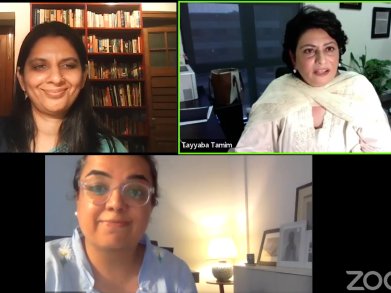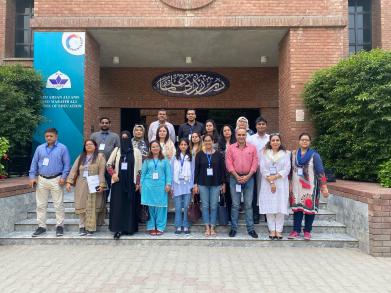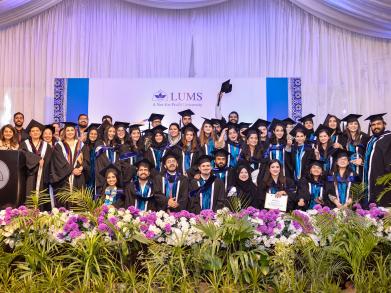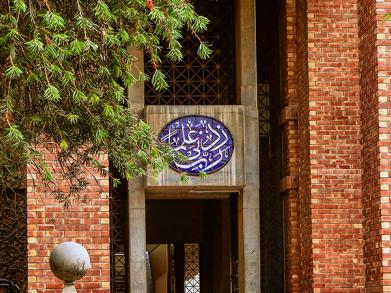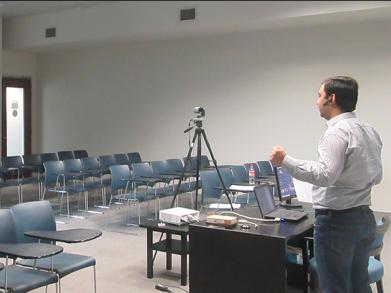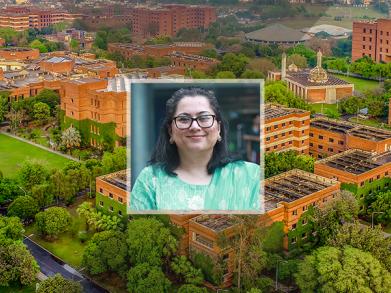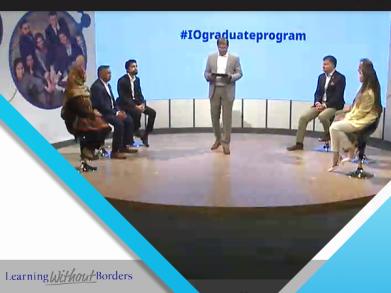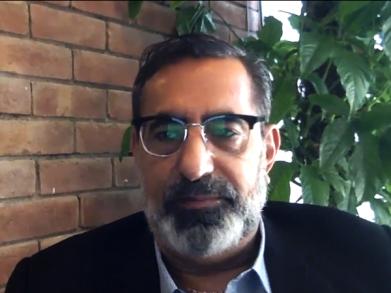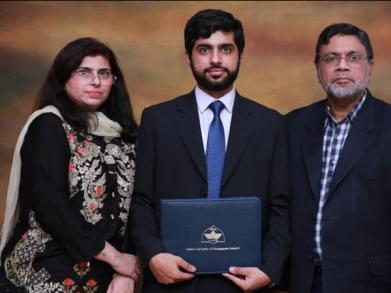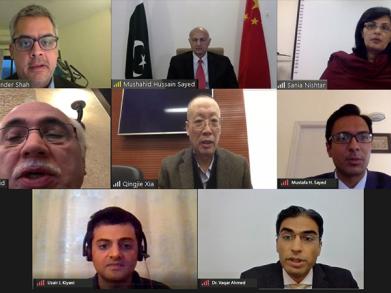SOE EduTalk: Whiteness and the Politics of Education
Speaker: Dr Arathi Sriprakash
Moderated by: Dr Tayyaba Tamim
Professor Arathi Sriprakash, Professor of Education at the University of Bristol, during SOE EduTalk session on “Whiteness and the Politics of Education” discussed that the systems of white domination which prevail across the world are not pre-given or natural. Rather, they are forged and sustained in social and political life. In this talk, Dr. Arathi, explored the material conditions, knowledge politics, and complex feelings that create and relay systems of racial domination. Sriprakash reflected on the past and present politics of education in order to imagine a future thoroughly divested from racism. She explained that the project of racial dominance brought with colonial capitalism is written into social and political structures. She quoted Goldberg’s idea of the racial state, that the apparatus and technologies of modern states have served to fashion, modify and reify the terms of racial expression as well as racist exclusions and subjugations. Whiteness accumulates and expands through settler colonialism making a ‘hone’ for whiteness and white property. It occurs through the production of social memories and amnesias of the racial state. The white possessiveness, that is foundational to the formation and management of modern settler colonial states is the perpetual disavowal of indigenous sovereignty and the construction of the nation as a ‘white possession’. The book “Learning Whiteness: Education and the Settler Colonial State” further sheds light on the pedagogic state and entails strategies employed by the state and non-state agencies; both within and outside of the formal educational sphere to govern citizens. The three conceptual frames to examine these ‘pedagogies of the state’, as Dr Arathi discussed were “Materialities, knowledge, and feelings”.
She explained that feelings towards the state are produced and upheld in public and institutional spaces. The structures of the settler colonial ‘state’ and the personal state of being with feeling come together in backlash of projections of pride. Feelings are used to create homeliness for whiteness. The way to unlearn whiteness is to recognize the reach and power of how whiteness is learned and demand a multi-dimensional commitment to unlearn whiteness and divest from racial domination.




